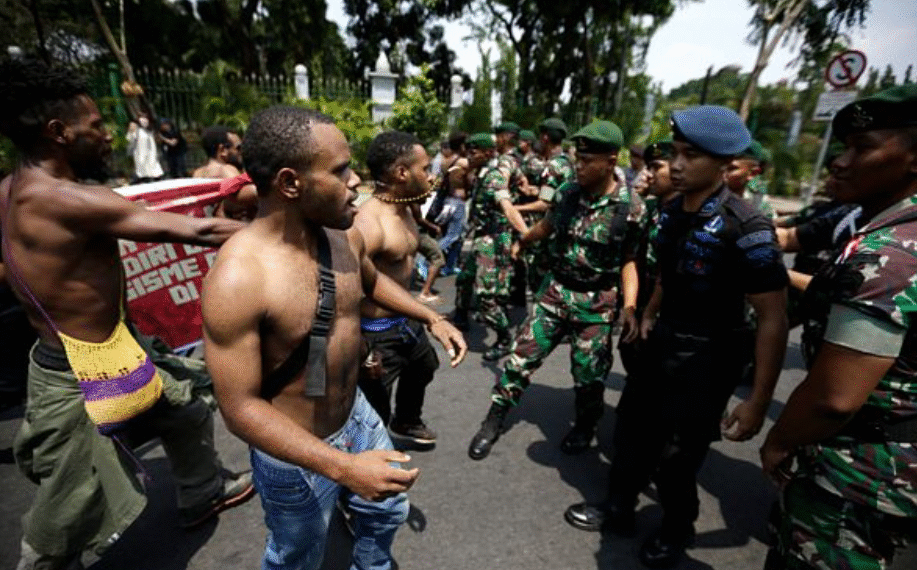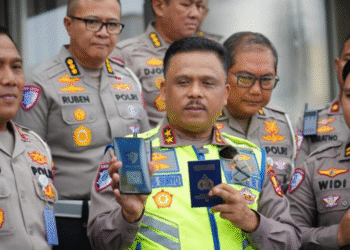Checkpapuanow.com – Central Papua’s Regional House of Representatives (DPRP) has established two special teams to respond to growing public opposition to the planned mining operations in the Wabu Block and to address alleged human rights violations in Puncak and Intan Jaya regencies. The announcement was made on Friday, July 18, 2025, marking a significant political move in response to escalating tensions in the region.
The first team, known as the Wabu Block Rejection Oversight Team, was formed to accompany and ensure that the voices of students and local communities opposing the mining plan are conveyed effectively. The team comprises 16 DPRP members and is chaired by Henes Sondegau. Its primary function is to monitor developments surrounding the Wabu Block issue and to serve as a channel for community aspirations.
Simultaneously, the DPRP also launched a Special Committee on Humanitarian Issues. This committee will focus on investigating alleged human rights abuses linked to the ongoing armed conflict between state security forces and the West Papua National Liberation Army (TPNPB) in Intan Jaya and Puncak. The committee is headed by Yohanes Kemong.
Chairperson of the DPRP, Delius Tabuni, emphasized the institution’s commitment to protecting civilians and ensuring their concerns are heard at the national level. He confirmed that the initiatives are part of a formal institutional effort to bring local issues to the attention of the central government.
“The formation of these teams is a concrete step by the DPRP to address two urgent matters: the rejection of mining activities in the Wabu Block and the humanitarian crisis caused by ongoing armed conflict in Intan Jaya and Puncak,” Tabuni stated during the announcement.
According to Tabuni, the Wabu Block, located in Intan Jaya, has become a focal point of conflict. The area is reportedly at the center of violent clashes between Indonesian military and police forces and armed separatist groups. These confrontations have led to civilian casualties and triggered mass displacement, heightening fears among residents and activists.
DPRP Central Papua stressed the importance of maintaining strong oversight over community demands and conducting thorough investigations into the suspected rights violations. Tabuni noted that these issues cannot be ignored and require immediate, transparent, and accountable actions from all relevant authorities.
By initiating these two teams, the DPRP aims to reinforce its role as a vital communication bridge between the public, regional administrations, and the central government. The institution seeks to foster peaceful and just solutions, while ensuring that any measures taken are sustainable and in the best interest of affected communities.
In light of the persistent instability in the region, the DPRP’s decision reflects growing pressure on political leaders to act decisively. As both environmental and humanitarian concerns continue to mount, the public expects tangible outcomes from the newly formed teams.
These developments signal a critical shift in how local governance bodies in Papua respond to complex challenges involving natural resources and human rights. Observers will be watching closely to see whether these efforts can bring meaningful change to a region long affected by conflict and marginalization.














